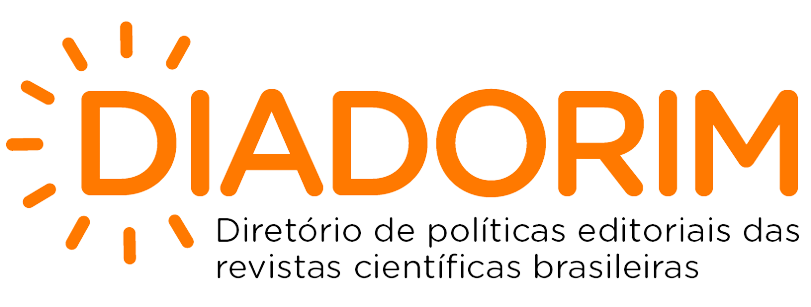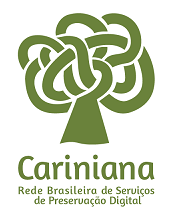Poetry and politics in the intellectual formation of the Guarani People
DOI:
https://doi.org/10.5433/boitata.2012v7.e31245Keywords:
Social values, Poetics of the voice, Interculturality, Contact areasAbstract
This article is the result of listening to a speech that touches the heart deeply. Mario Karai Moreira is Guarani, a student of Letters at UFRGS since 2008. He was present in a class of the discipline Indigenous and African Letters and Voices, taught at PPG in Letters at UFRGS, in the first half of 2010. This text, composed of a coming and going , establishes a complementary movement between the experiences and points of view reported on that occasion and the its epistemological implications. In Mário's speech, the social and poetic values of the Guarani voice are realized, as well as the effects of an intercultural relationship that can be understood as a "contact zone" (PRATT, 1999).
Downloads
References
FINNEGAN, Ruth. O significado da literatura em culturas orais. In: QUEIROZ, Sônia (org.) A tradição oral. Trad. Ana Elisa Ribeiro. Belo Horizonte: FALE/UFMG, 2006.
FOUCAULT, Michel. A ordem do discurso. Trad. Laura Fraga de Almeida Sampaio.14. ed. São Paulo: Loyola, 2006.
MATO, Daniel. Para além da academia; práticas intelectuais latino-americanas em cultura e poder. In: MARGATO, Izabel; GOMES, Renato Cordeiro (orgs.). O papel do intelectual hoje. Belo Horizonte: Editora UFMG, 2004.
MENEZES, Ana Luisa Teixeira de e BERGAMASCHI, Maria Aparecida. Educação Ameríndia: a dança e a escola Guarani. Santa Cruz: EdUnisc, 2009.
MUNDURUKU, Daniel. Autoria indígena: a escrita e a autoria fortalecendo a identidade. http://pib.socioambiental.org/pt/c/iniciativas-indigenas/autoria-indigena/a-escrita-e-a-autoria-fortalecendo-aidentidade. Acesso em: 20 out. 2011.
PRATT, Mary Louise. A crítica na zona de contato: nação e comunidade fora de foco. Travessia: Florianópolis, n.38, 1999. p.7-29.
RIBEIRO, Darcy. Os índios e a civilização: a integração das populações indígenas no Brasil moderno. 2ª ed. Petrópolis, RJ: Vozes, 1977.
SANTIAGO, Silviano. Intensidades discursivas. In: SANTIAGO, Silviano. O cosmopolitismo do pobre: crítica literária e crítica cultural. Belo Horizonte: Editora UFMG, 2004.
SEVCENKO, Nicolau. As raízes xamânicas da narrativa. In: RIEDEL, Dirce Cortes. Narrativa: ficção e história. Rio de Janeiro: Imago, 1988.
SILVA, Aracy Lopes da. Mito, razão, história, sociedade: inter-relações nos universos sócioculturais indígenas. In: SILVA, Aracy Lopes da; GRUPIONI, Luís Donisete Benzi. A temática indígena na escola. Brasília: MEC/MARI/UNESCO, 1995.
TASSINARI, Antonela Maria Imperatriz. Sociedades indígenas: introdução ao tema da diversidade cultural. In: SILVA, Aracy Lopes da; GRUPIONI, Luís Donisete Benzi. A temática indígena na escola. Brasília: MEC/MARI/UNESCO, 1995.
VICH, Victor; ZAVALA, Virginia. Oralidad y poder: herramientas metodológicas. Buenos Aires: Editorial Norma, 2004.
Downloads
Published
How to Cite
Issue
Section
License
Copyright (c) 2012 Boitatá

This work is licensed under a Creative Commons Attribution 4.0 International License.
Boitatá esta licenciada com CC BY sob essa licença é possível: Compartilhar - copiar e redistribuir o material em qualquer suporte ou formato. Adaptar - remixar, transformar, e criar a partir do material, atribuindo o devido crédito e prover um link para a licença e indicar se mudanças foram feitas.





















